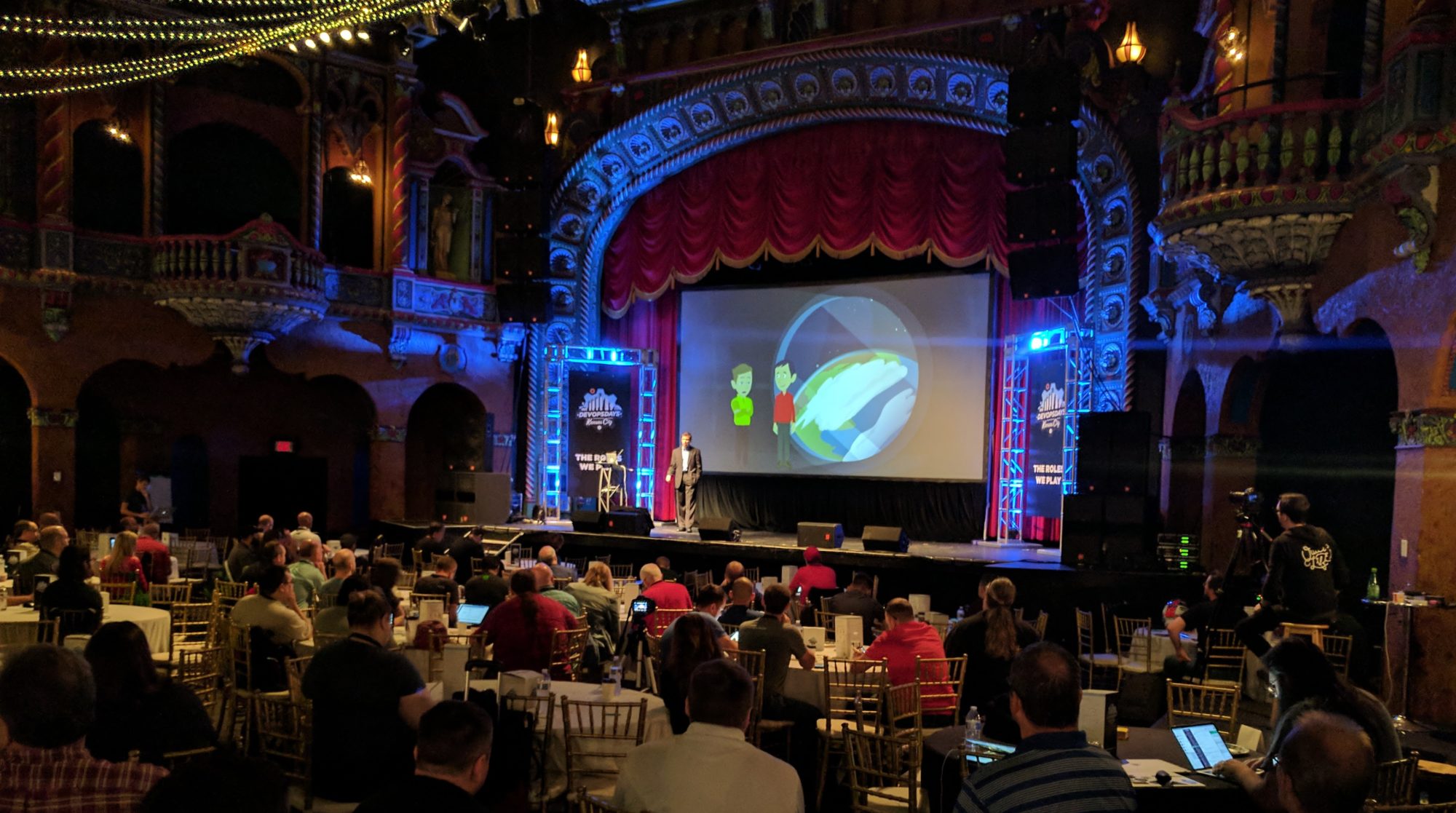Capella announced that it is going to go public. Capella has always looked like an interesting university. They are a commercial enterprise and based on their requirements it seems that they probably rank a little higher academically than University of Phoenix.

“Capella Education Co. of Minneapolis, one of the few private education firms to offer college degrees exclusively through online courses, said Monday it plans an initial public stock offering that could raise up to $86.25 million.”
“Capella, the parent company of Capella University, will use proceeds from the IPO for working capital and general corporate purposes, which could include expansion, developing new courses and acquisitions, the company said.”
It will be interesting to see how they put this money to use. Developing online courses can be very expensive. If they are able to create a solid infrastructure for creating courses, it could help them leap ahead of the competition. Currently the two places that seem to be successfully doing online education are Harvard and Standford. Their online classes mirror live classes and they do a good job of keeping the experience the same (as much as possible) for both the online and real time students.
Online learning is a growing market into which private companies have raced since the late 1990s, partly because traditional colleges and universities were slow to adapt to online teaching.
One of the reasons traditional institutions have been slow to react is because of the expense of being cutting edge. It is a lot less expensive to put a class online that it was a few years ago, but it is still a major undertaking. I think most colleges and universities are looking at it, but most don’t have the money to successfully pull it off.
Capella attributes its growth partly to growing acceptance of online education and to its relationships with companies, colleges and branches of the U.S. military that have endorsed its online services to their employees or students.
I think this is the key. Capella is not inexpensive. Most people aren’t going to take classes unless they are paid for by their employer. If Capella can sell themselves to large companies as a way for their employees to take classes without needing to be gone from work, they can get a tremendous number of student. I was at a Franklin Covey training session where I met someone who works for GM. He said he was working on his PHD through Capella. I got the impression that a good number of GM employees are doing this as well. A good number of them will probably never complete the degree.
I am concerned about institutions that opt for a cheap way of doing online education where it is basically correspondence school using the internet instead of USPS. A lot of these classes rely on relatively light reading assignments and much of the student’s time is spent on message boards with other students. I don’t think that the message boards is necessarily a bad way to learn and interact, but I think it can keep people from really learning how to concentrate on a subject for a long period of time.
You should be able to assume that a college graduate can stay engaged in a day long seminar because they should have learned that level of concentration in order to get their degree. If their educational experience was primarily reading and responding to short posts, they may never develop the skills necessary to assimilate 3 hours of information from a dense lecture.
Another problem with some of the modern teaching theory is the idea that if you just make a bunch of people interact with each other, their life experiences will rub off and everyone will be smarter. In some cases this is the idea behind using the message boards. I think it is valuable to learn from your fellow students. In fact that is one of the reasons that I really like learning in an actual classroom. But I think that learning that is primarily based on talking with other students about their experiences in life falls short of true education. In most fields of study that have been around long enough to reach some sort of structure, simply talking with other students won’t allow you to cover the material very quickly. A group of freshman music students are unlikely to really understand the fundamentals of music theory just by chatting with each other. That isn’t to say that chatting won’t produce some valuable interaction, but they aren’t likely to learn the majority of what they need to know this way.
I think online courses are most effective when they mirror an actual class with videos of the teacher lecturing. I don’t think this is how Capella is currently doing their classes.
I think the best thing that a company like Capella could do is partner up with existing institutions and re brand the lectures from the top lecturers in each field. Teaching fellows could help facilitate the day to day questions and course management. The professors themselves would need to be available in some capacity as well. If this was done correctly the academic experience from Capella could be better than going to a physical university because students would get to study under the best teacher for each class. Recent high school graduates would still want to go to a physical college or university because the social education is just as important as the academic education, but older students looking to continue their education could have a greater trust in the academic soundness of their university even if it is only a virtual one.
Article: Capella Education going public
